- Analytics
- Market Data
- Commodity Live Prices
- WTI Price Chart
WTI Crude Oil Price
This page includes full information about the WTI, including the WTI price today and dynamics on the chart by choosing any of 8 available time frames.
WTI Price Live
WTI today is an important piece of information for traders for several reasons.
The price of WTI is a key indicator of a commodity's supply and demand. By knowing the current price, traders can assess potential future price movements and make informed decisions about buying, selling, or holding their positions.
Tracking the WTI price over time allows traders to identify trends in the market. Is the price rising or falling? Understanding these trends can help traders predict future price movements and capitalize on profitable opportunities.
Commodity market is volatile, and prices can fluctuate significantly. Knowing the current price helps traders manage their risk by setting stop-loss orders and other risk management strategies.
WTI Price and Rate Today
Staying on top of the WTI price is crucial for traders in today's market. The WTI price serves as a benchmark for many commodity contracts, and knowing its current value allows traders to make informed decisions in two key ways:
- Measuring Market Value: by knowing the current WTI price, traders can assess the overall health of the market. A rising WTI price might indicate strong demand, while a falling price could suggest a surplus in supply. This understanding of market value helps traders make informed decisions about buying, selling, or holding their positions.
- Benchmarking Performance: many commodity contracts are priced relative to the WTI price. Having this information readily available allows traders to benchmark the performance of their investments and compare them to the overall market. This comparison helps traders identify opportunities and adjust their strategies accordingly.
How to Trade WTI
WTI, a major benchmark in the commodity market, offers various avenues for traders. Here are the steps of how you can enter the WTI trading arena:
1. Choose Your Platform
- Brokers: Partner with a reputable broker who provides access to exchanges where WTI futures contracts or CFDs are traded.
- Trading Platforms: Research and select a user-friendly trading platform offered by your chosen broker. These platforms allow you to place trades, monitor prices, and analyze market trends.
2. Understand the Instruments
- Futures Contracts: These lock you into an agreement to buy or sell a specific amount of commodity at a predetermined price by a set expiry date.
- CFDs: Contracts for Difference allow you to speculate on WTI price movements without physically owning it.
3. Develop a WTI Trading Strategy
- Fundamental Analysis: Evaluate factors like global economic conditions, geopolitical events, and supply-demand dynamics that impact commodity prices.
- Technical Analysis: Use technical indicators and chart patterns to identify potential entry and exit points for your trades.
4. Risk Management
- Start Small: Begin with smaller trade sizes to manage potential losses, especially if you're a new trader.
- Stop-Loss Orders: Implement stop-loss orders to automatically exit a trade if the price moves against you, limiting potential losses.
- Take-Profit Orders: Set take-profit orders to lock in gains when the price reaches your target level.
5. Stay Informed and Monitor Market News
Keep yourself updated on relevant WTI market news and events that can influence prices. Also consider insights from financial analysts and market experts to refine your trading decisions.
WTI Price Chart
- 1m
- 5m
- 15m
- 30m
- 1h
- 4h
- 1d
- 1w
This page includes full information about the WTI, including the WTI live chart and dynamics on the chart by choosing any of 8 available time frames.
By moving the start and end of the timeframe in the bottom panel you can see both the current and the historical price movements of the instrument. In addition, you have an opportunity to choose the type of display of the WTI live chart – Candles or Lines chart – through the buttons in the upper left corner of the chart. All clients that have not yet decided which instrument to trade are in the right place since reading the full characteristics of the OIL and watching its performance on the charts will help them to make their final decision.
FAQs
Why Trade Oil?
Main reasons to trade oil, is price fluidity. Crude oil can be refined into a variety of forms such as petroleum naphtha, gasoline, diesel fuel, asphalt base, heating oil, kerosene, liquefied petroleum gas, jet fuel and fuel oils, which expand the market pool and increase demand. Trading can be done either by speculating on its market price, or exchanging the physical commodity.
How to Trade Oil?
Oil can be traded several ways:
- Long-term contracts between oil producer and consumer
- Through Futures
- On OTC market
Each method has specific goal. To learn which method is the right one for you, follow the link see the article “How to Trade Oil”.
What are the Biggest oil Companies?
1. China Petroleum & Chemical Corp. (SNP) - Revenue (TTM): $355.8 billion
2. PetroChina Co. Ltd. (PTR) - Revenue (TTM): $320.0 billion
3. Saudi Arabian Oil Co. (Saudi Aramco) (Tadawul: 2222) - Revenue (TTM): $286.9 billion
4. Royal Dutch Shell PLC (RDS.A) - Revenue (TTM): $263.1 billion
5. BP PLC (BP) - Revenue (TTM): $230.7 billion
6. Exxon Mobil Corp. (XOM) - Revenue (TTM): $213.9 billion
7. Total SE (TOT) - Revenue (TTM): $146.1 billion
8. Chevron Corp. (CVX) - Revenue (TTM): $115.0 billion
9. Marathon Petroleum Corp. (MPC) - Revenue (TTM): $102.4 billion
10. PJSC Lukoil (LUKOY) - Revenue $99.1 billion
What is Brent Oil?
Brent crude oil is one of the most popular oil benchmarks in the world, it’s recovered from the North Sea. Brent makes such a good benchmark because it is easy to refine into products such as diesel, gasoline, petrol, and other end products, which are in a great and consistent demand.
What is WTI Oil?
West Texas Intermediate (WTI) is a light, sweet crude oil (petroleum with less than 0.5% sulfur is called sweet) considered one of the main global oil benchmarks, along with Brent oil. WTI is a blend of several oils drilled and processed in the United States, primarily serves as a benchmark for the US oil market.
Technical Analysis
Technical analysis is a method of studying and evaluating market dynamics based on the price history. Its main purpose is to forecast price dynamics of a financial instrument in future through technical analysis tools. Technical analysts use this method of market analysis to forecast the prices of different currencies and currency pairs. This type of the analysis will allow you to make market forecast based on studying historical prices of the trading instruments.
See also latest technical analysis of the price dynamics of OIL Dollar: OIL forecast.
WTI Crude News

Oil Prices Slip Amid Tropical Storm Disruptions and Weak Chinese Demand
Oil prices declined on Tuesday as the impact of Tropical Storm...
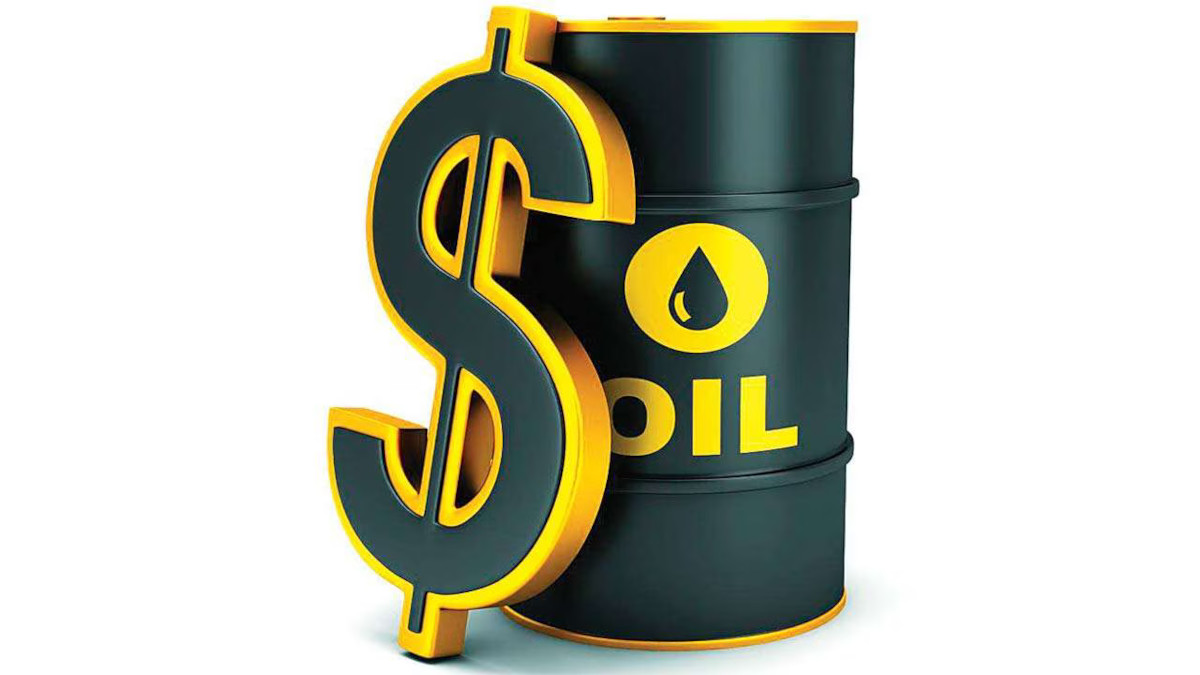
Crude Oil Price Analysis
Oil prices experienced a sharp decline over the past week, with...
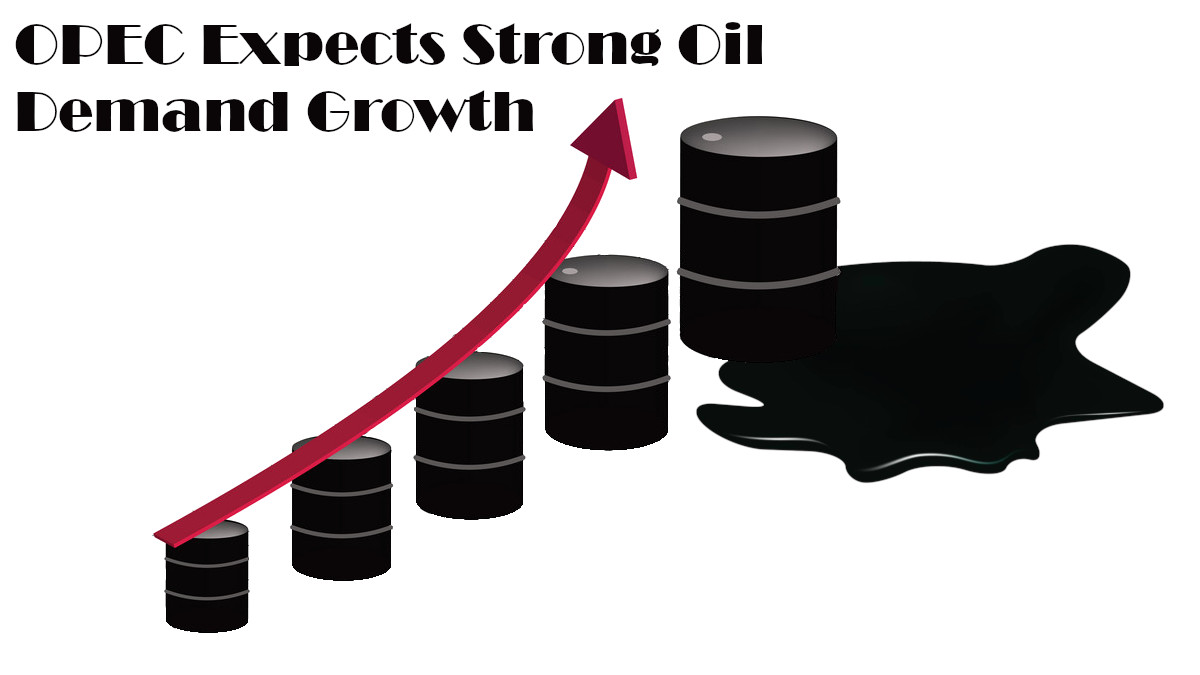
Oil Prices Rise: Summer Demand and OPEC+ Meeting
Oil prices in Asia increased on Tuesday, building on gains from...
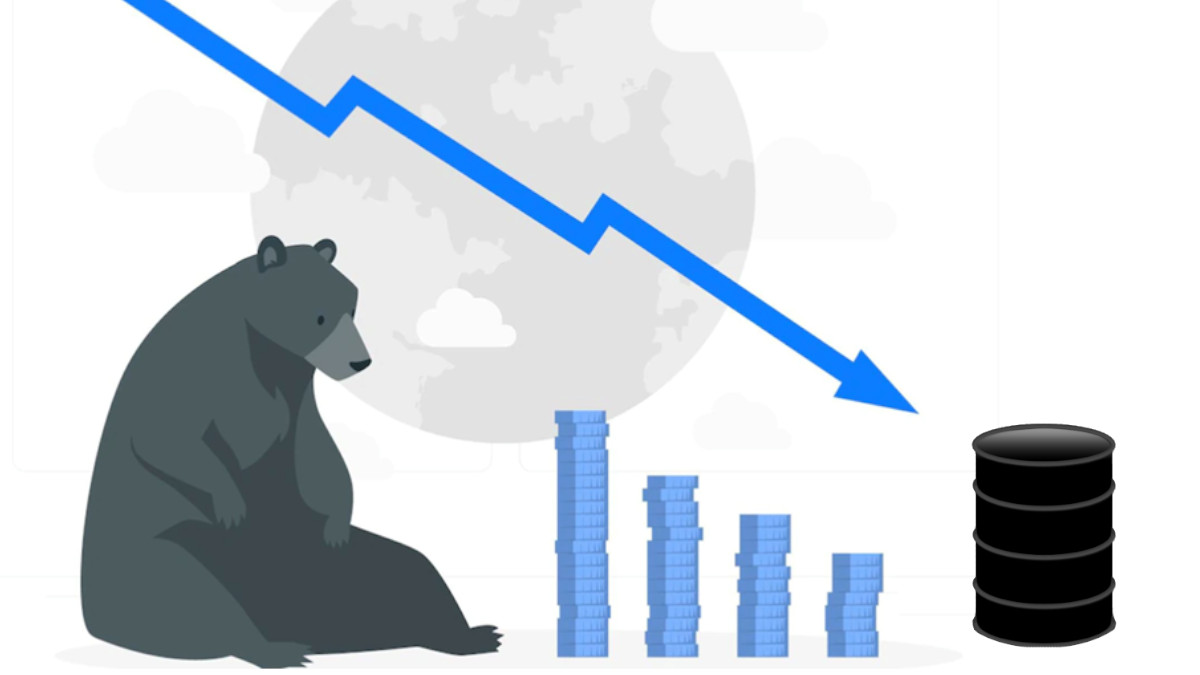
Oil Price News | Oil Prices Fall
Oil prices fell for a fourth consecutive day on Thursday after...
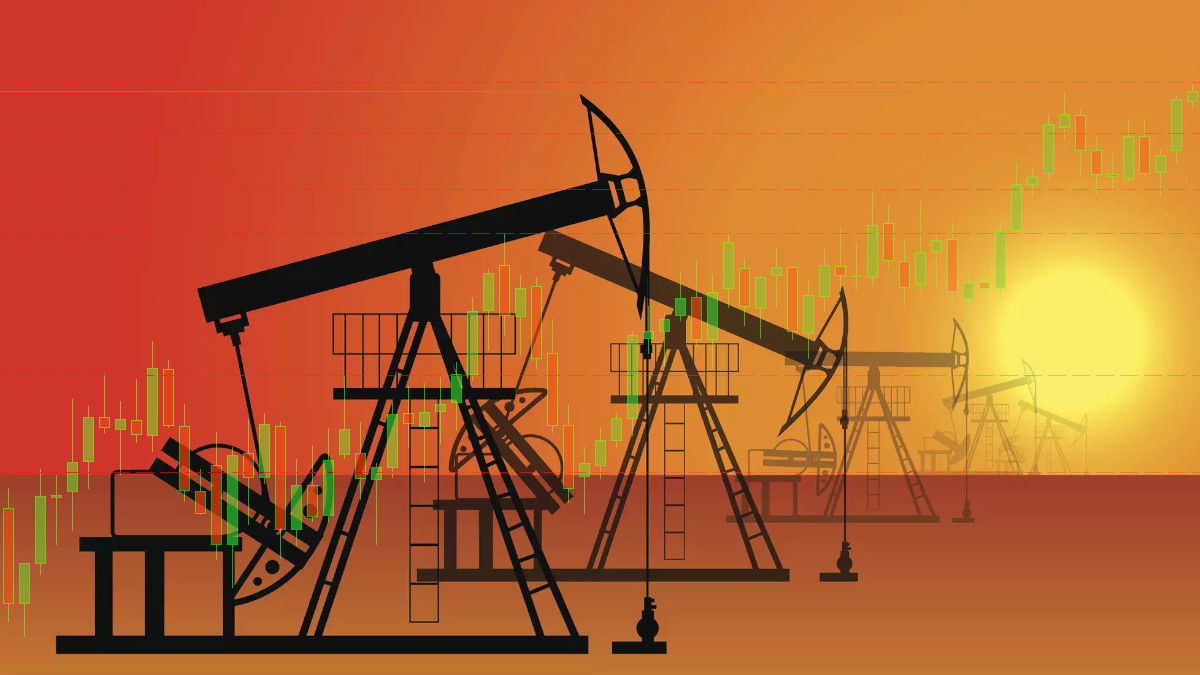
Why Oil Prices Are Rising: Factors Driving the Surge
Oil prices have been steadily climbing for the past three months,...
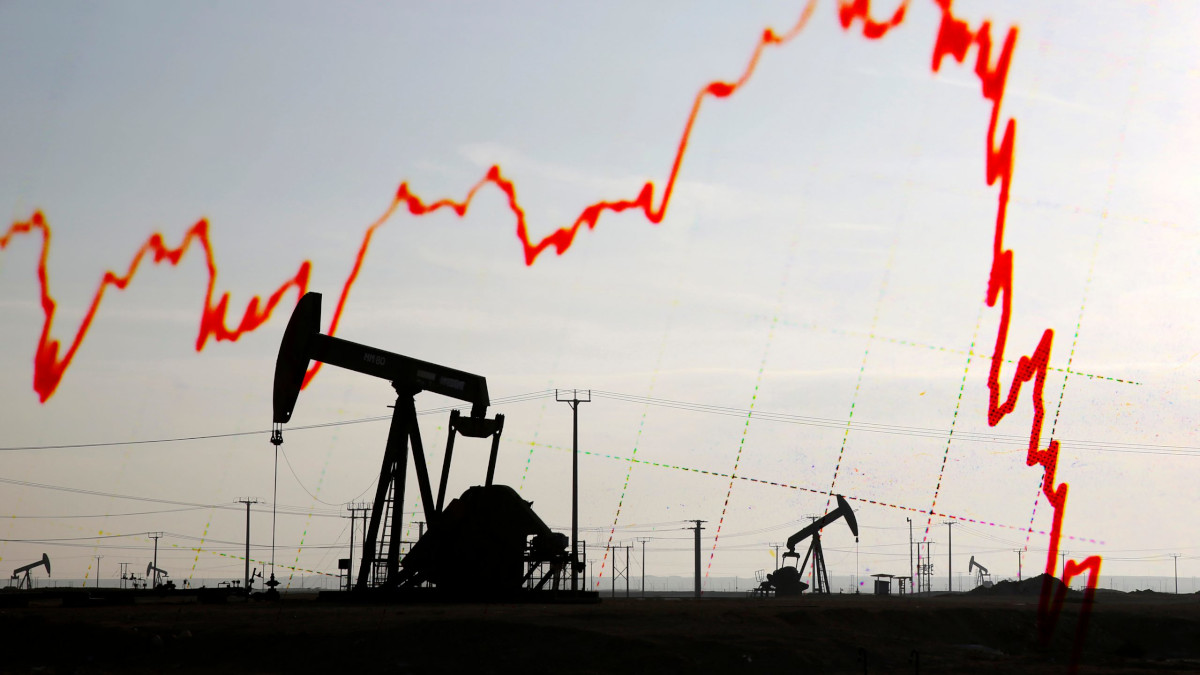
Oil Prices: Bearish China Outlook Competes With Geopolitical Tensions
Oil prices kicked off the week on a downbeat note, extending...
